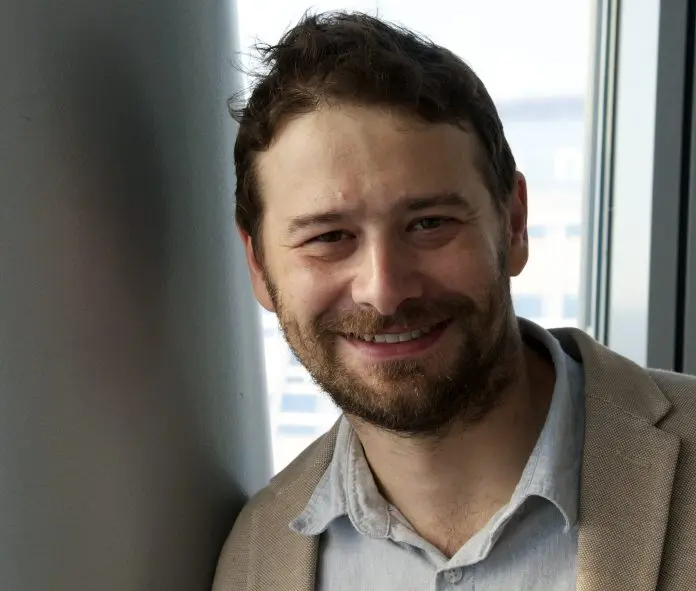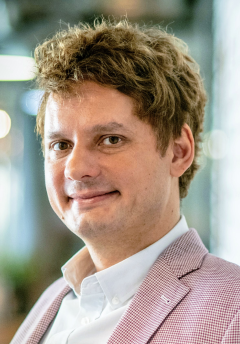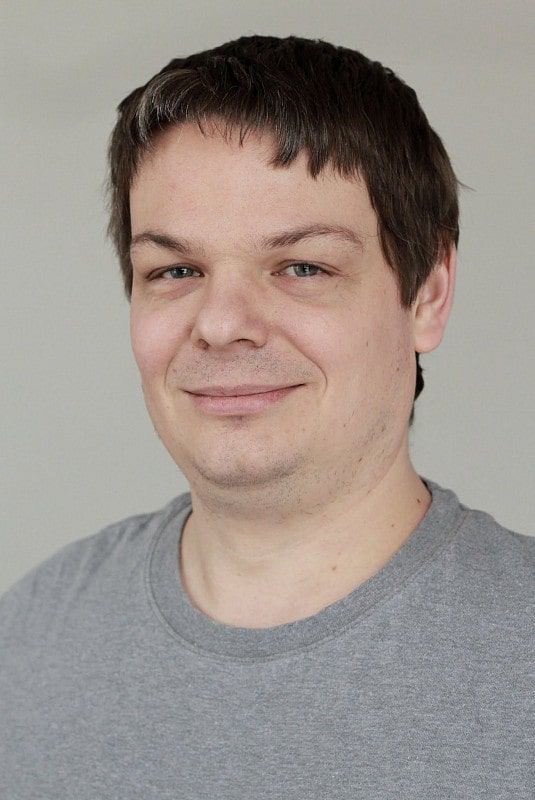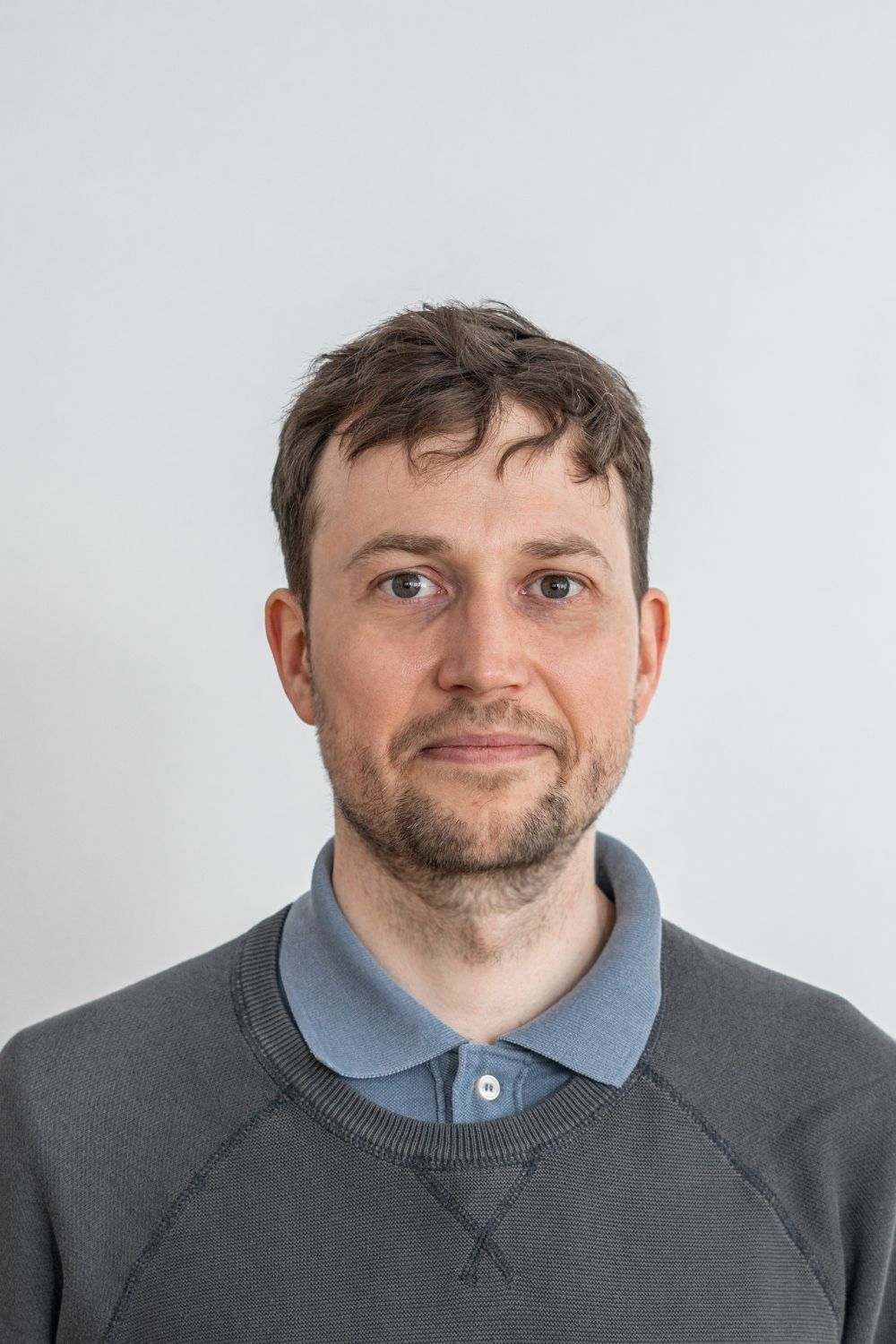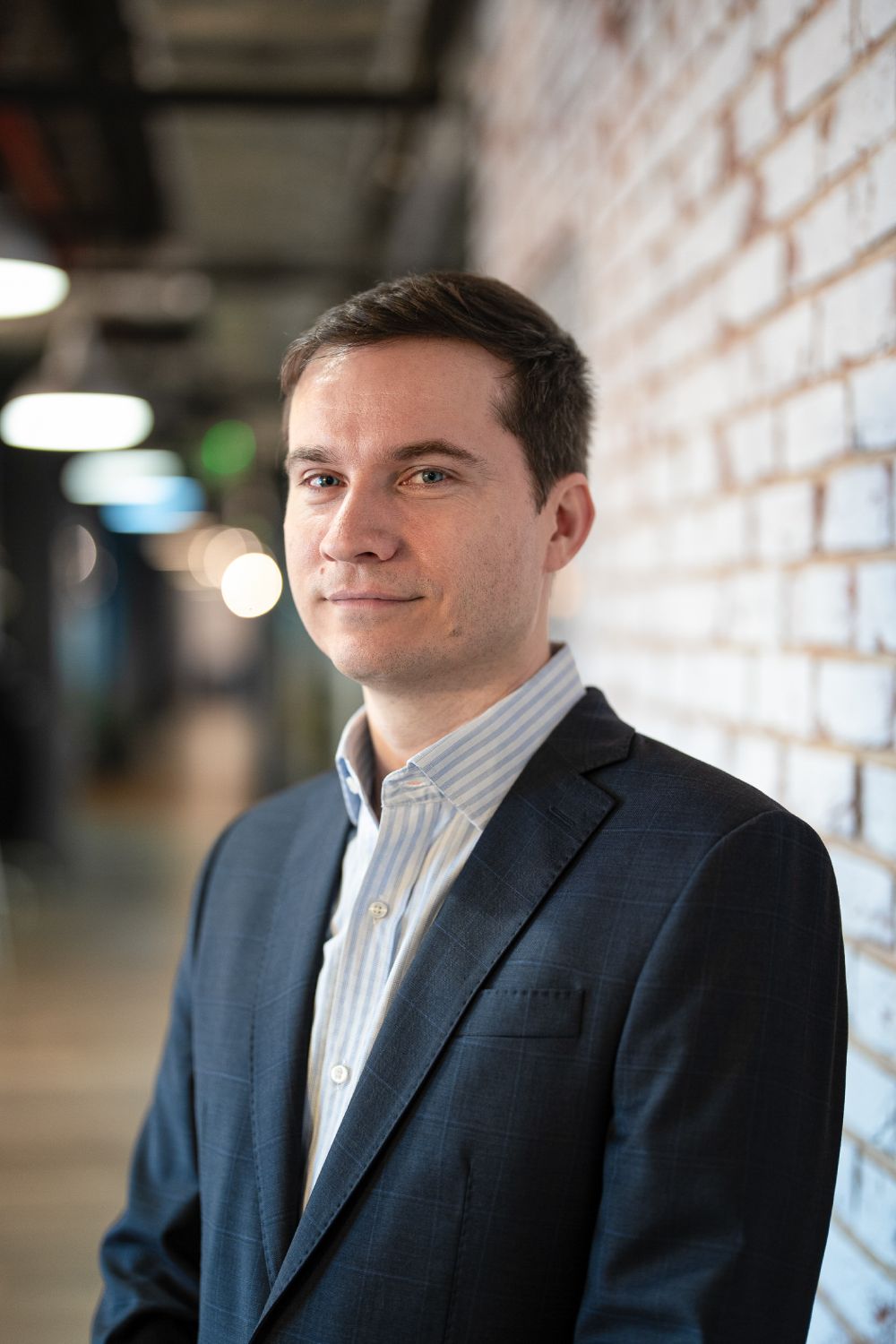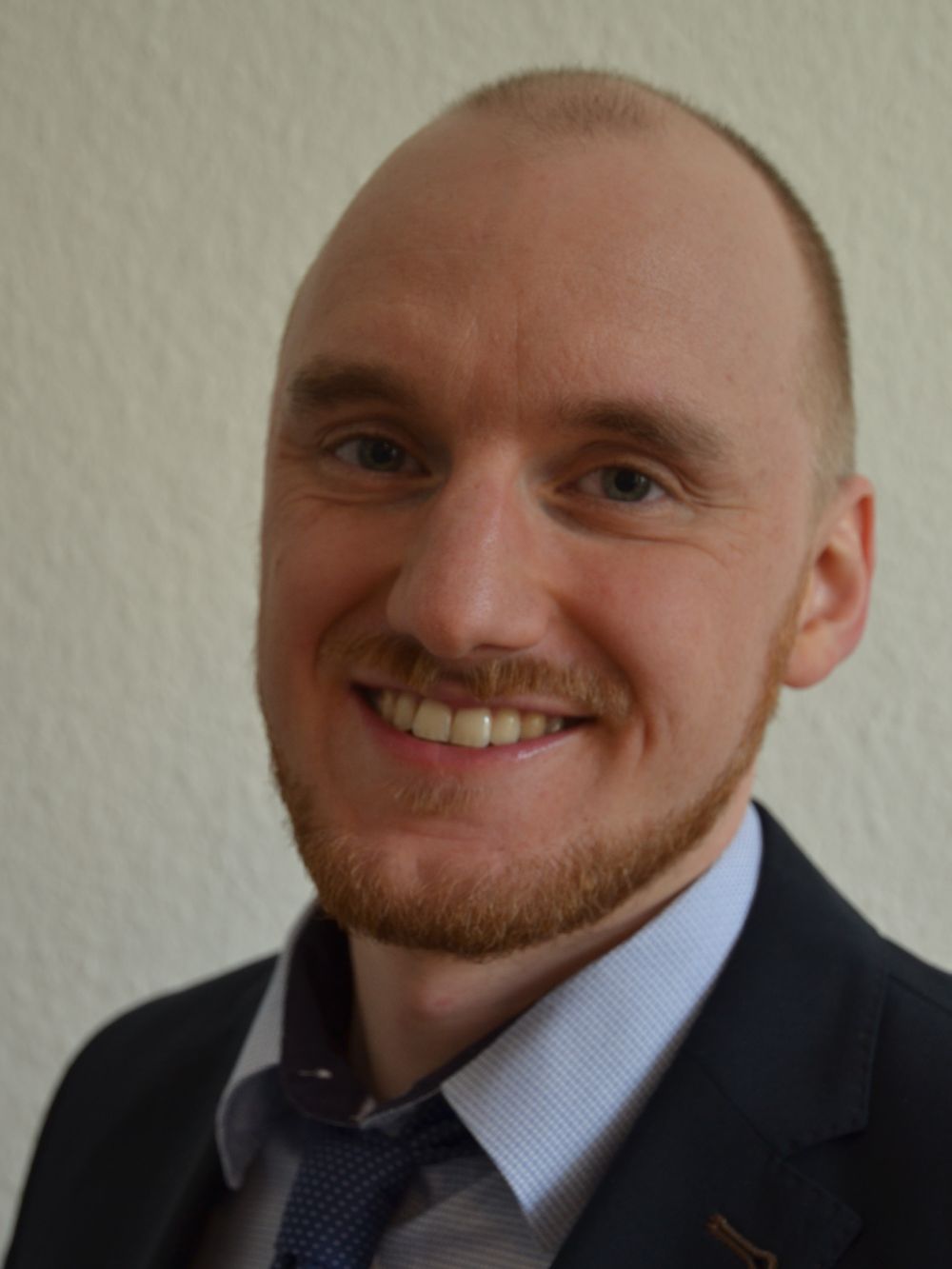Aim and Scope
Recent rapid growth of AI has shown the potential to revolutionize most of the everyday aspects of human lives. The field of AI is traditionally divided into a number of subfields such as Machine Learning, Knowledge and Reasoning, Planning and Scheduling, SAT solving, Computer Vision (and others) that are usually pursued individually. But the challenges of real-world applications are often too hard for a single AI approach. Hence there is a need for Composite AI, which integrates several different AI approaches that complement each other to solve the problem. Development of Composite AI system is still ad-hoc and premature.
The workshop aims at bringing together researchers and practitioners from different AI subfields to discuss challenges that they currently face and to initiate a discussion about the benefits and challenges of Composite AI.




